Commitments to Clean Chemistry: The ZDHC User Tool Conference
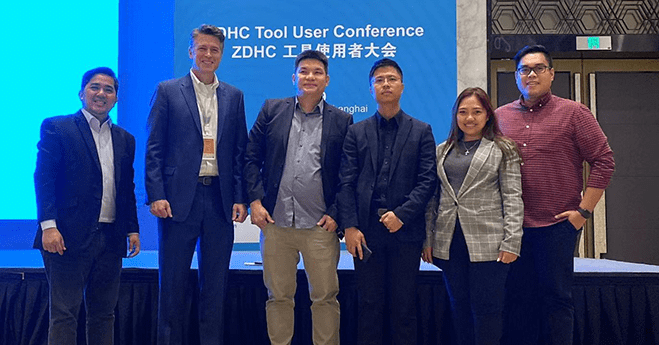
Last week, ADEC Innovations team members attended the ZDHC User Tool Conference in Shanghai, in one of the year’s biggest events for suppliers and brand partners, focusing on sustainable practice and environmentally-conscious production. With more than 400 delegates from 200 companies gracing the event, this year’s conference was a major success for the
The Future of Clean Chemistry: ZDHC In-Person Focus Area Meetings
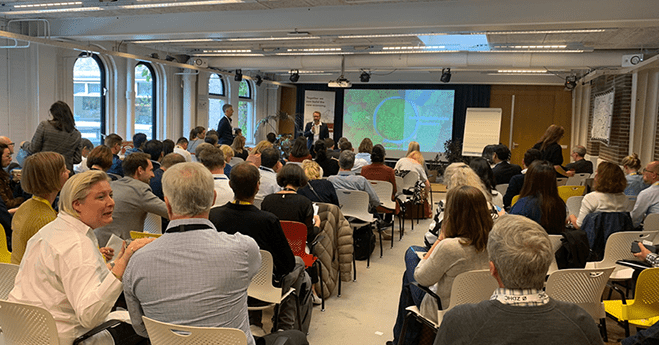
The Zero Discharge of Hazardous Chemicals (ZDHC) Program kicked off a series of in-person meetings in Amsterdam from September 17-19, shining a spotlight on Input and Output Focus Areas (FA).
Converging Tools For Chemical Management: ZDHC Gateway and CleanChain

Responsible chemical management has become a crucial part of doing business in the modern textile industry. Customers expect environmentally responsible brands, investors are paying increasing attention to sustainable investing, and regulators expect safety and compliance in manufacturing and production.
Lowering the Costs of Auditing through Automation

Audits are costly. Managing supply chain connections, conducting assessments, tracking corrective actions, and aggregating all this information into useful reports are necessary tasks that are both time-consuming and labor-intensive. However, an effective automated solution can greatly reduce these costs, taking on much of the labor of auditing.
Automating Chemical Management with CleanChain

Chemical management is a crucial part of the operations of any modern textile brand. By consciously examining the chemicals used in their supply chains, companies can follow through on their values with real action, minimizing any negative impact their manufacturing might have on the environment or local communities.
Effective Management of Chemical Information

There are over 7 billion people on Earth. If each person owned only one pair of pants, one shirt, and one jacket, there would be 21 billion articles of clothing in circulation. We all know that number is not accurate given our fashion cultural norms. Scientists and organizations recently have exposed the dramatic effects on the environment, such as water pollution, from textile/garment production. Household name brands are committed to initiatives such as the ZDHC (Zero Discharge of Hazardous Chemicals) Programme. The ZDHC Programme leads the textile, leather and footwear industries towards zero discharge of hazardous chemicals in textile production by 2020, to ensure the safety of neighboring communities and tackle water pollution.
CleanChain Overview Webinar: Key Takeaways for Using Our Chemical Information Management Solution
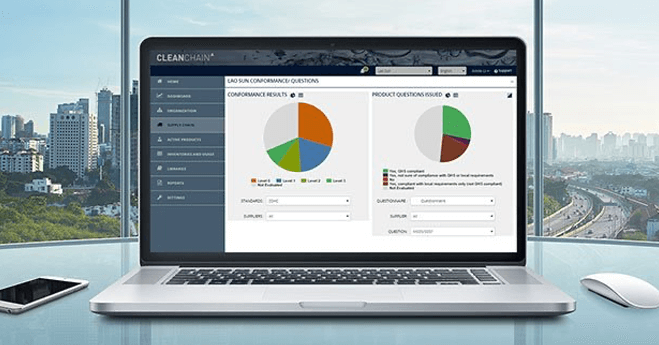
On Wednesday, January 31, ADEC Innovations hosted a webinar introducing CleanChain, our secure online chemical information management system, built for suppliers and supported by brands.
Mainstreaming the Sound Management of Chemicals and Waste for Sustainable Development
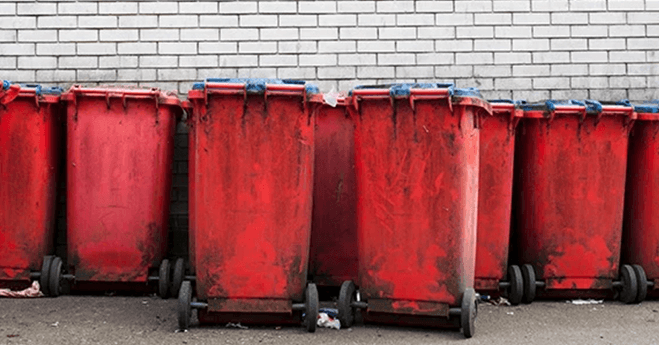
Sustainable Development Goal 12 (SDG 12) calls for sustainable consumption and production characterized by resource and energy efficiency, sustainable infrastructure, access to basic services, green and decent jobs and a better quality of life.
Simplifying MRSL and RSL Compliance Through CleanChain, an ADEC Innovation

The textile industry is the world’s second largest industrial polluter (second to oil). According to the World Bank, textile dyeing and treatment are responsible for almost 20% of global industrial water pollution.
Toxic Chemicals: Persistent Organic Pollutants and Where to Find Them

In part one of our discussion on Persistent Organic Pollutants (POPs), their definition, governance and main classes were briefly discussed. The significance of POPs cannot be understated due to their presence in systems essential to life such as the food chain, as well as industries such as agriculture and manufacturing.
Persistent Organic Pollutants: A Primer on Toxic Chemicals in the Environment
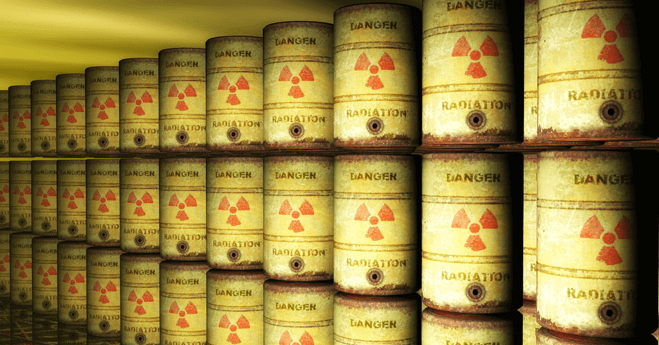
Farming, using your favorite shampoo and driving down the highway – these and thousands of other mundane activities like these keep the world running. These familiar activities may also leave chemicals toxic to human health commonplace in the environment, products and food.